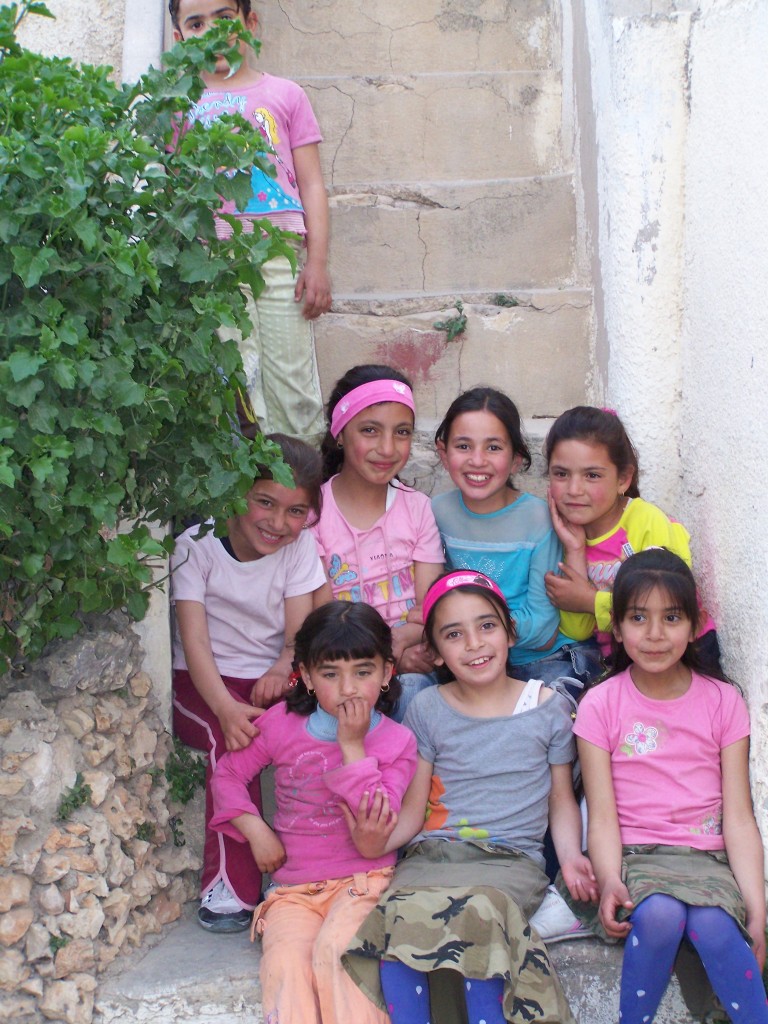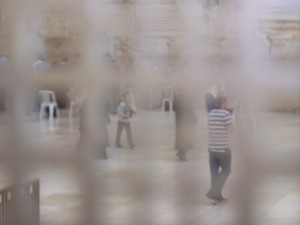Israel-Palestine: a book of the people
By Khaled Diab
In Israel-Palestine, a peace without the people has left two peoples without peace. That is why I am writing a book about these most intimate of enemies.

Thursday 21 November 2013
Although the conflict in Israel-Palestine has become overshadowed by the tumultuous upheavals gripping the Middle East, the US Secretary of State has created something of a stir with his stated determination to revive the defunct and dysfunctional peace process.
John Kerry even warned Israel that it faces the prospect of a third intifada, if it failed to forge a durable peace with the Palestinians. Presumably to avoid such an outcome, Washington reportedly plans to push through its own peace deal in January if an agreement is not reached before then.
Even if the uncharacteristically stern tone Kerry adopted with Israel's intransigent government is sincere, I cannot help but think that the Secretary of State is flogging a dead horse.
As I've argued on numerous occasions before, the Oslo framework has been a spectacular failure. This is for a host of reasons, including the fact that Washington is not an honest and impartial broker, as well as poor political leadership on both sides, a reality which favours the status quo and the downward inertia this imposes.
The Oslo process has also been undermined by its quest for a “comprehensive peace” and to put in place a “permanent status”. This raised unrealistic expectations. In a conflict this deeply entrenched and with the massive disparity in power, there can be no ultimate, one-time, all-or-nothing resolution. The best we can hope for is little pieces of peace, shards of shalom or slices of salam, as the two sides gradually navigate the minefield towards conciliation.
But possibly the most fatal flaw of Oslo has been its largely top-down, inside-out nature which sidelines and ignores the most vital ingredient in any truly lasting peace: the people. That is why I have repeatedly advocated a people's peace process.
For such a grassroots effort to work and to stand a chance of success requires a high degree of mutual understanding and a good dose of empathy. This conviction is what spurred me, as an Egyptian, to climb down from the ivory tower of the outside spectator and to engage directly with Palestinians and Israelis, despite the mainstream hostility towards such encounters in the Arab world and Israel alike.
Like only a handful of Egyptian journalists and writers before me (at least since the conflict began), I have embarked on a personal journey of discovery in the unholy mess of the Helly Land. I have visited Israel and Palestine, lived there for nearly two years and now have returned to live among the people again.
In my time here, I have encountered the good, the bad and the ugly. I have had many adventures and misadventures. Although as an Arab my instinctive sympathies are with the Palestinians, as a humanist, I have also nurtured empathy and sympathy for Israelis. To construct a proper understanding and a realistic picture, I have striven to challenge and push myself, not only questioning every aspect of the conflict, but also forcing myself to meet people from all walks of life, including those who are hostile to who I am and what I stand for, such as ideological settlers.
Along the way, I have made many good friends on both sides, and probably some enemies, though on the whole Palestinians are thrilled to have an Egyptian here, given the Hollywood-like appeal of Egypt in these parts, and Israelis, who are more hospitable than there hard exterior suggests, are flattered to find an Arab willing to learn more about them.

This has enabled me to see the human face veiled by the conflict, and to witness how people on both sides are, for the most part, ordinary folk caught in an extraordinary situation – a conflict inherited from their great-grandparents which most expect to hand down, as an unenviable legacy, to their great-grandchildren.
My journey has radically altered my view of the situation and has unearthed some surprising realities, such as just how much in common Israelis and Palestinians have, their massive political differences notwithstanding, and how confoundingly diverse each society is, despite being so small that, combined, they would only make up half the population of my hometown, Cairo.
In fact, it would not be a stretch to say that, if it weren't for the artificial political and physical constructs keeping them largely apart, many Palestinians and Israelis would find greater common cause among members of their enemy camp than among their own side.
In a bid to promote understanding, or at the very least a modicum of human sympathy, I have tried hard to capture this complexity and ambiguity in my journalism. I am also writing an ambitious book about those most intimate of enemies, those forgotten people, the Palestinians and Israelis.
Another book, the weary reader might ask? It is true that, even though Israel-Palestine has become overshadowed by the recent uprisings and upheavals in the region, it is probably the most written-about conflict in the modern Middle East – some might say, the entire world.
But I believe my book of the people is different. Most of the literature out there deals with the geopolitics and history, focuses on the land, as if a nation is a piece of dirt and not the sum total of its people, and/or is partisan in nature.
Based on extensive interviews and thorough research, I profile both peoples in all their rich variety, relate my personal experiences living among them, explore the two societies, examine the culture, plot the differences, investigate the commonalities, and much more.
Although my book is not primarily about the politics or history, I do explore both through the prism of the people. I dig into the annals to uncover the shocking and shameful history of missed opportunities for peace over the past century, and I propose what I call the ‘non-state solution' to the conflict.
The unusual nature of my enterprise has made publication a tough challenge, given the polarised nature of the Israel-Palestine publishing industry. Although I have written some 65,000 words and am two-thirds of the way through my manuscript, I have yet to find a publisher who will actually publish it.
A number of publishers have expressed initial interest and praised the manuscript, but have shied away from actually committing to publishing it. This is partly due to the (unintentionally) controversial nature of my work and partly due to the crisis afflicting the industry which has made editors reluctant to try the untested. Perhaps the path to follow, and one that will guarantee my editorial and political independence, is to self-publish, despite its reputation as a vanity outlet.
Whether I find a publisher or not, I am determined, with the help of family, friends and supporters, to finish what I have begun and to make whatever modest contribution I can to the quest for peace, by the people and for the people.
If you would like to keep abreast of the latest developments relating to Khaled's book, please drop us a line at [email protected]
— Follow Khaled Diab on Twitter. This article first appeared in The Daily Beast on 13 November 2013.



Good luck finding a publisher ya Khalood.
have you watched “promises” ? http://www.imdb.com/title/tt0282864/
Good luck finding a publisher, Khaled.
Yay, just what the world needs; Yet another book promoting normalization and appeasement of the Zionist Apartheid Regime. It can take it’s place along side other disingenuous libzionist apologia for the main cause of the conflict: the Israelis and their American enablers. Israel’s Hasbara department must be thrilled.